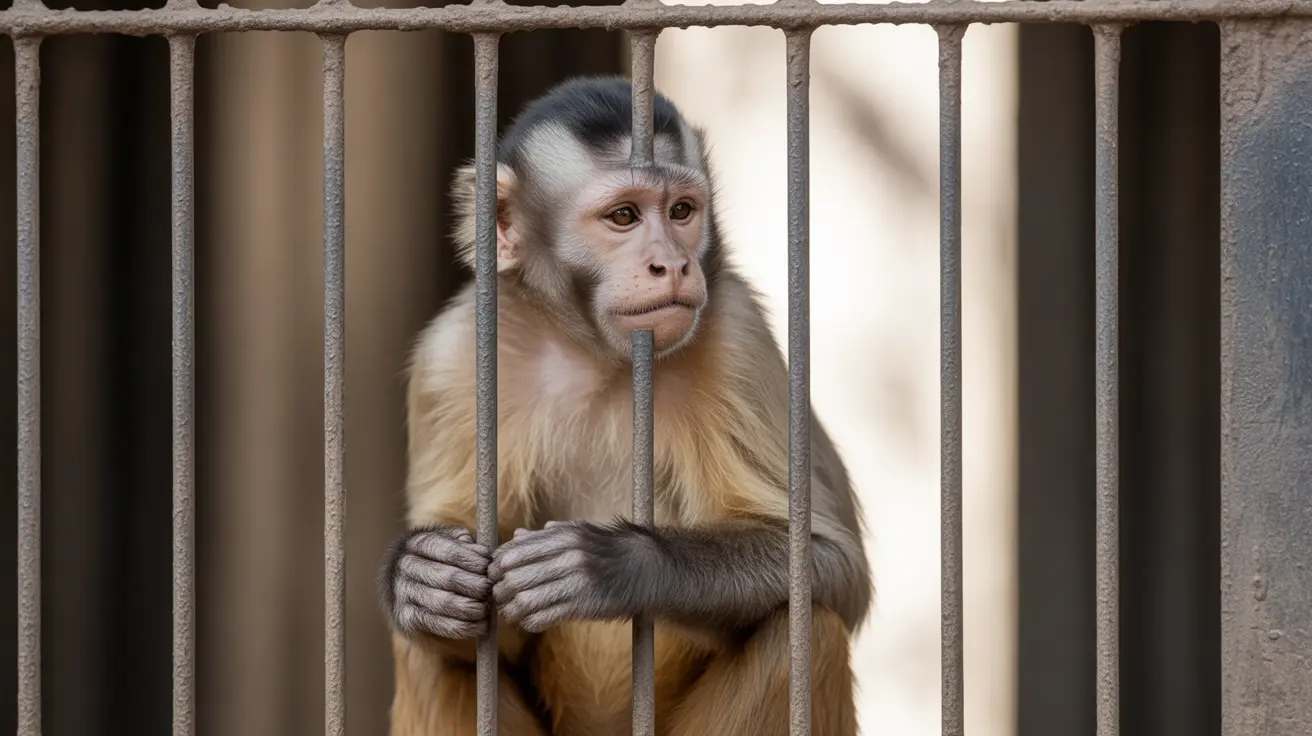Recent analysis reveals a concerning shift in Animal Welfare Act enforcement, with the U.S. Department of Agriculture (USDA) significantly reducing its use of monetary penalties for violations. According to a new report from the Animal Welfare Institute (AWI), enforcement efforts have notably deteriorated since mid-2024, raising concerns about the protection of animals under federal oversight.
The change marks a significant departure from traditional enforcement methods, with the USDA now primarily issuing official warnings that carry minimal consequences for violators. This shift threatens the effectiveness of what has long been considered America's cornerstone legislation for animal protection in commercial and research settings.
USDA Animal and Plant Health Inspection Service Changes
The USDA's approach to enforcing animal welfare standards has undergone a dramatic transformation. Rather than imposing financial penalties that historically served as deterrents, the department now relies heavily on warning notices. This change in enforcement strategy has created a situation where facilities may face fewer meaningful consequences for non-compliance.
Impact on Commercial Animal Facilities
The decline in enforcement particularly affects oversight of:
- Commercial breeding operations
- Research facilities
- Animal exhibition venues
- Transportation services
Commercial Dog Breeder Violations and Oversight
One of the most significant impacts of this enforcement decline is evident in the commercial breeding sector. With reduced financial penalties, commercial dog breeding facilities found in violation of the AWA may continue operations with minimal repercussions, even after receiving multiple citations.
Puppy Mill Inspection Reports
The situation becomes more concerning when examining puppy mill oversight. Without strong enforcement mechanisms, facilities with documented violations can maintain their operations while only receiving warning notices, potentially compromising animal welfare standards that the AWA was designed to protect.
Animal Welfare Legislative Reforms
In response to these enforcement challenges, there are ongoing efforts to strengthen the AWA's effectiveness. The CARE for Animals Act represents one such initiative aimed at restoring meaningful enforcement capabilities and ensuring better protection for animals under federal oversight.
Current Challenges and Solutions
The enforcement decline can be traced to a significant 2024 Supreme Court ruling (SEC v. Jarkesy) that limited the USDA's authority to impose direct fines without jury trials. This legal constraint has fundamentally altered how the department addresses AWA violations, necessitating new legislative approaches to maintain effective oversight.
Frequently Asked Questions
What is the Animal Welfare Act (AWA) and how does it protect pets and animals?
The AWA is the primary federal law in the U.S. that sets minimum standards for animal care in research, exhibition, transport, and commercial breeding, aiming to ensure humane treatment of covered animals like dogs, cats, and primates.
Why has USDA enforcement of the Animal Welfare Act declined since 2024?
Enforcement has weakened mainly due to a 2024 Supreme Court ruling (SEC v. Jarkesy) that restricted USDA's ability to impose fines without a jury trial, leading to fewer fines and more official warnings that carry little consequence.
How can pet owners or the public influence stronger enforcement of animal welfare laws?
Advocates encourage contacting lawmakers to support legislative reforms like the CARE for Animals Act, which aims to strengthen enforcement, increase transparency, and restore meaningful penalties under the AWA.
Moving Forward
The current state of Animal Welfare Act enforcement represents a critical juncture for animal protection in the United States. While the USDA continues to conduct inspections and issue warnings, the lack of substantial penalties for violations threatens to undermine the Act's fundamental purpose of ensuring humane treatment for animals in commercial and research settings.
Pet owners, animal welfare advocates, and concerned citizens are encouraged to stay informed about these developments and support efforts to strengthen enforcement mechanisms. The effectiveness of the AWA ultimately depends on robust enforcement and meaningful consequences for those who fail to meet its standards.






